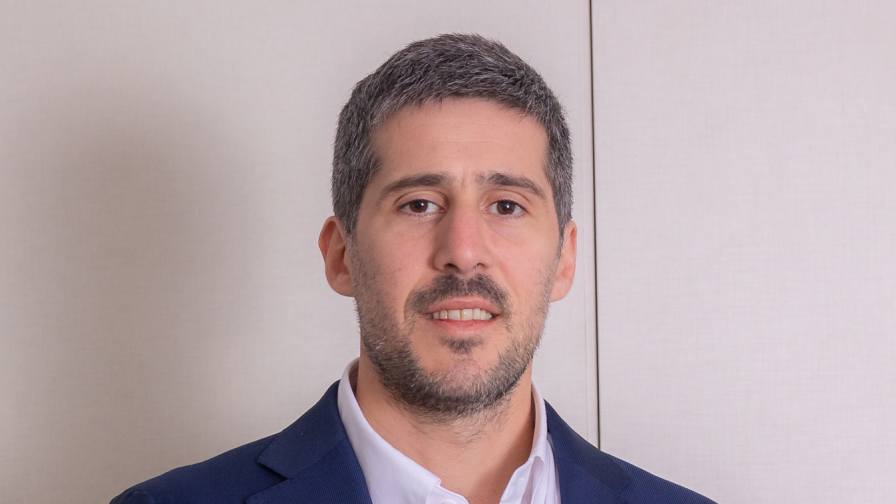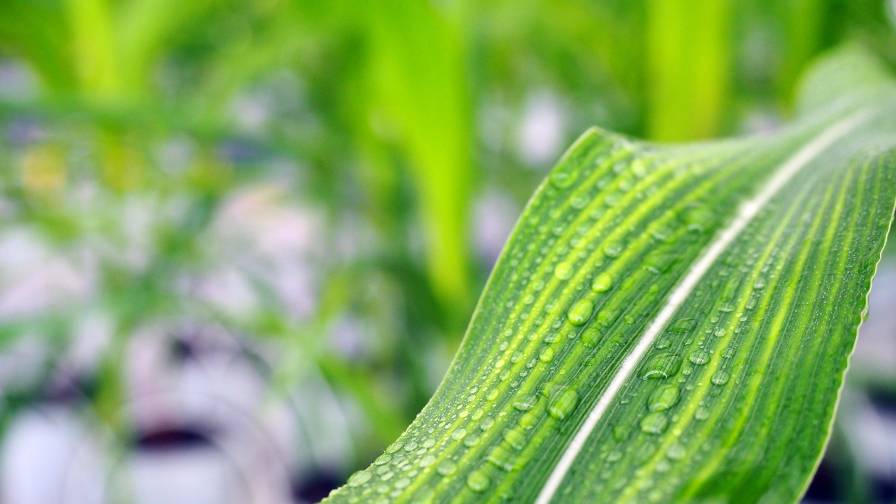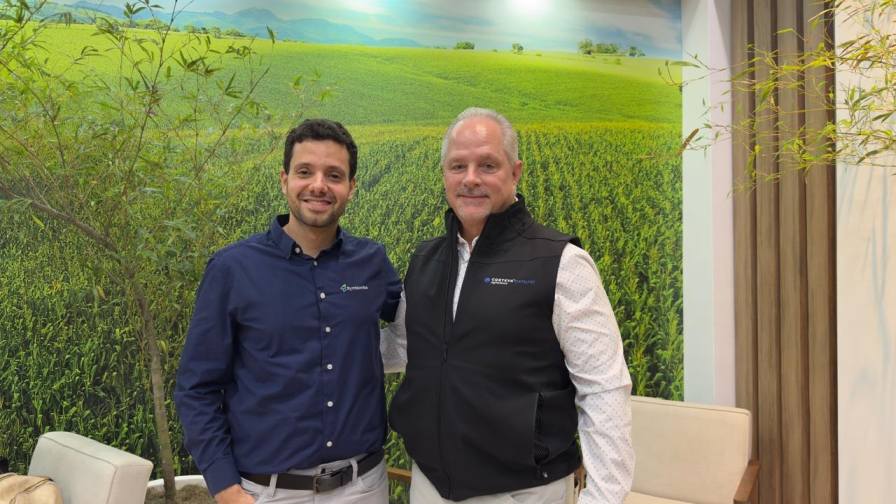Kenya Set to Rescind GMO Ban
Genetically modified organism (GMO) crops and products soon will be allowed in Kenya, where a ban on the technology has been in place since 2012.
In a development that has ignited optimism among companies and organizations that front for the adoption of GM crops, Kenya has revealed intentions to lift the ban to allow the country to accrue the benefits of the technology.
While Kenya has made significant progress on GMOs in terms of enacting watertight regulations and controlled research on crops such as Bt maize, Bt cotton, cassava, sorghum, and sweet potato, the ban has meant the country cannot progress to the commercialization stage.
For the East African nation the move toward lifting the ban is timely and well informed. It comes hot on the heels of widespread studies that have validated the safety of GM crops and repudiated the Seralini paper, the controversial study by Gilles-Eric Seralini that alleges GMOs cause cancer and which Kenya used in justifying the ban.

Dorington Ogoyi
“The Seralini study that influenced the ban has widely been discredited, and, as a country, we feel lifting the ban is prudent in order to fully benefit from the GM technology,” says Dorington Ogoyi, CEO of Kenya’s National Biosafety Authority (NBA).
The European Union (EU) in the past four years has funded three comprehensive studies following the publication of the Seralini paper, which was retracted before being republished, with the aim of ascertaining the safety of GMOs to humans and the environment.
The three studies, GRACE, GMO90+, and G-TwYST, proved that the glyphosate-resistant GM maize NK603 does not trigger any potential health risks.
The G-TwYST (GM Plant Two Year Safety Testing) study in particular concluded that glyphosate does not show any genotoxic potential, and there was no evidence of carcinogenicity in rats or mice. No toxicologically relevant effects related to GM maize NK603 or GM maize NK603 treated with glyphosate were observed.
“It was concluded that there were no adverse effects related to the administration of the GM maize NK603 cultivated with or without Roundup,” the report states.
Kenya is using the weight of this research to build a case on the need to lift the ban to allow commercialization of GM crops, which the country acknowledges are crucial in achieving food security and revival of the textile and apparels industry.
Moreover, it will also enable Kenya to import GM food and products, particularly cheap maize from countries such as Brazil and South Africa, where planting of GM crops is allowed, to cover shortfalls in production during drought seasons. Kenya imports about 5 million bags of maize on average annually.
For organizations like the Kenya Agricultural and Livestock Research Organization (Kalro), Africa Agricultural Technology Foundation (AATF), and companies like Bayer, lifting the ban will open a floodgate of opportunities in the seed market as farmers shift to the high-yielding drought and pest-resistant engineered seeds.
Bayer is engaged in a partnership with AATF to develop maize seed hybrids that not only promise better harvest results but also have insect pest protection traits.
“We want to bring new technologies not available to farmers, so that they can increase their yields,” Denis Tumwesigye Kyetere, AATF Executive Director, says.
Kalro, on its part, has managed to conduct highly successful national performance trials of Bt cotton, and there are hopes that full-scale commercial farming could commence in 2020.
Dr. Charles Waturu, Kalro Principal Researcher for GM cotton, says that, from trials that were simultaneously conducted in seven sites across the country, the Bt cotton yielded more than four times what farmers have been harvesting using local varieties.
The GM variety produced 7.5 tons of cotton per acre compared to 1.5 tons per acre that traditional varieties yield. The variety also recorded a much faster maturity duration of 130 days compared to 170 days for local varieties.
“From our trials it is obvious Bt cotton will be at the core of the revival of the cotton industry,” he explains.
Kenya projects that successful commercialization of Bt cotton is key in increasing revenue from the textile and apparels industry from $350 million to $2 billion, creating 500,000 cotton jobs and 100,000 new apparel jobs by 2022.
Apart from Bt cotton, Kalro is also carrying research on Bt maize and awaiting the green light from NBA to commence national performance trials.
Bt maize, which has been engineered with reduced levels of insect manifestation, is central in ensuring that Kenya attain food security, considering maize is a staple food.
Indeed, a newly released agricultural master plan, dubbed Agricultural Sector Transformation and Growth Strategy 2019-29, reckons that Kenya must reverse the decline in maize production witnessed in recent years, and supply must increase by 27% to satisfy domestic needs over the next five years.
“Given the decreasing maize yields, Kenya’s staples deficit will likely grow unless it transforms and expands agriculture production on available, arable land through large-scale commercial farming,” the master plan states.
For Kenya, lifting the ban would mean the country is only the fourth nation in Africa to allow commercialization of GM crop, following South Africa, Sudan, and Nigeria.
South Africa allows for food crops in the form of biotech maize, soybeans, and cotton, while Sudan allows biotech cotton. Nigeria has become the latest country to allow GM crops, with open cultivation of cotton and cowpea.





